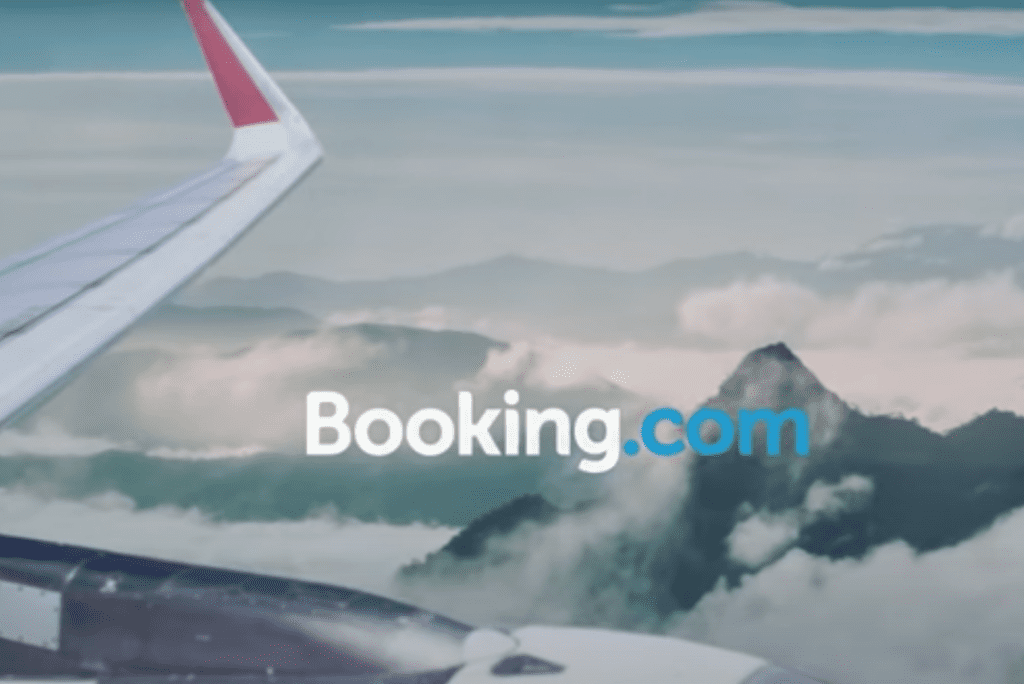Booking Holdings Sees a Surge in Flight Bookings as It Plays Catch-Up With Expedia

Skift Take
For years, industry analysts would muse: When is Booking.com going to launch flights? Well, now that business is showing strength, albeit from a small base. Seen as strategic, that airline ticket business comes at a price — lower profit margins.
During the first three months of the year, with Europe its weakest region, and countries such as India still battling existential Covid crises, Booking Holdings' airline tickets sales jumped 49 percent.
That increase from around 2 million tickets sold in the pre-Covid first quarter of 2019 came because Booking Holdings' largest brand, Booking.com, as well as sister brand Agoda in Asia, didn't offer flights at that earlier juncture. But they have started selling airline tickets over the last year.
Another portfolio brand, Priceline, which likewise drove the increase in airline tickets sold in the first quarter, has been selling flights, starting with Name Your Own Price, since its earliest days in 1997.
Compared with

